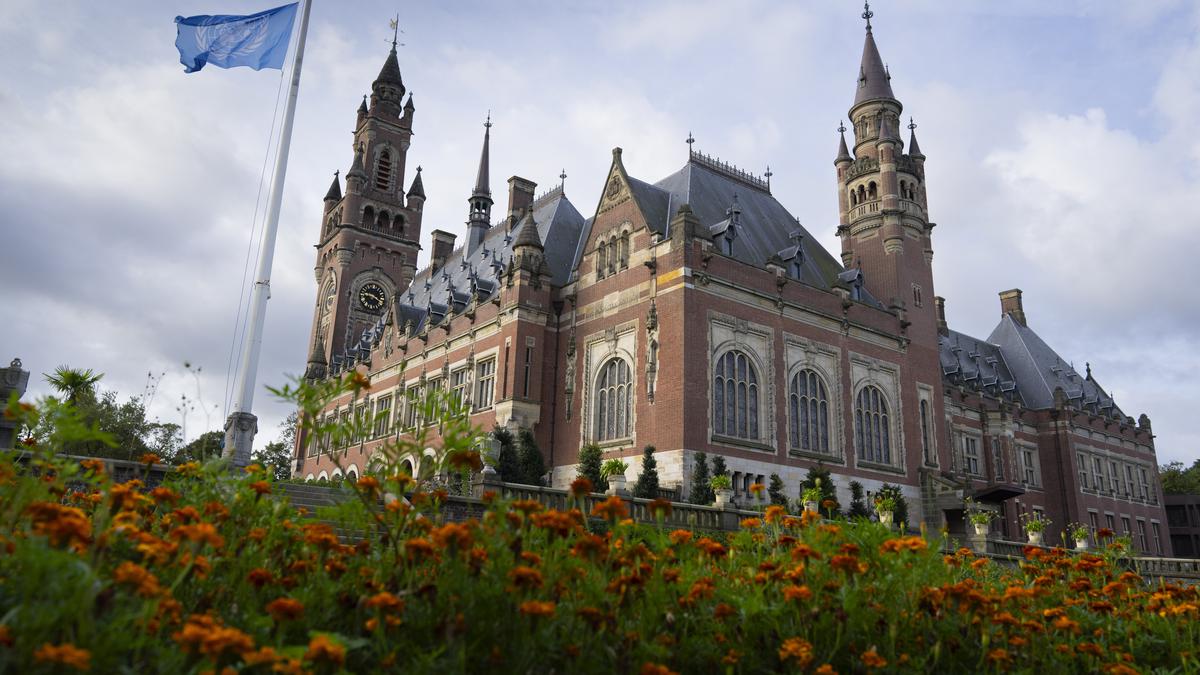
South Africa’s case against Israel at the ICJ: What are the allegations and what to expect? | Explained
The Hindu
The International Court of Justice (ICJ) is set to consider whether Israel is committing genocide against Palestinians in Gaza — what are the claims and what can be expected from the proceedings?
The story so far: South Africa has launched a case against Israel at the International Court of Justice (ICJ), the principal judicial body of the United Nations (UN), accusing the state of committing genocide in its military campaign in Gaza. Israel has rejected the charge, calling the case “baseless” and a “blood libel,” a reference to false accusations of murder and ritual sacrifice by Jews.
South Africa has urged the Court to issue interim orders in the form of “provisional measures,” which include calling for an immediate ceasefire to end the war and Israel’s indiscriminate killing of Palestinians. Public hearings in this regard are set to take place at The Hague from January 11-12. Although the Court may issue a provisional ruling within weeks, a final verdict can only be pronounced after hearings on jurisdictional challenges and the merits of the application are concluded, which will likely take several years.
Similar to interim injunctions issued by national courts, provisional measures issued by the ICJ seek to freeze combat operations to preserve the integrity of a future final judgment. In its LaGrand judgment in 2001, the Court clarified that such provisional rulings are binding on the parties given its “basic function of judicial settlement of international disputes.”
However, whether Israel will choose to abide by an adverse provisional ruling is debatable. For instance, in March 2022, the ICJ ordered Russia to halt its offensive in Ukraine. Although the order was legally binding, Moscow decided to ignore it, resulting in the continuation of hostilities. But such a ruling could significantly sway international public opinion.
The International Criminal Court (ICC) is already investigating possible war crimes and crimes against humanity committed by both Hamas and Israel. While the ICC is mandated to prosecute only individuals, the ICJ adjudicates conflicts between states and determines “state responsibility” for crimes.
To get interim relief at this stage, South Africa does not have to definitively prove that genocide has taken place. It just has to “prima facie” show that “at least some of the acts alleged,” such as the indiscriminate killing and forced displacement of Palestinians in Gaza, could fall within the provisions of the Convention on the Prevention and Punishment of the Crime of Genocide (Genocide Convention).
To issue a provisional measures order, the Court must be satisfied that it has prima facie jurisdiction, that there is a “plausible” link between the rights asserted by South Africa and the measures it requests, and a risk of irreparable harm and urgency.











